Kite blog - All Posts
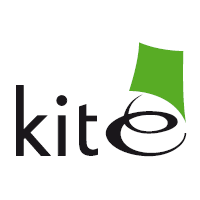
Three Questions to Ask Yourself When Buying a Box
Join us we explore three major questions you should be asking yourself when buying a box.
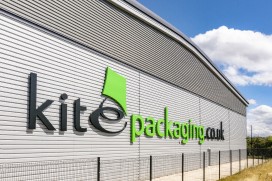
Why Kite Packaging is the Best Packaging Supplier for Your Business
From streamlining supply chains to reducing environmental impact, see why Kite is the go-to supplier for smarter, greener, and more cost-effective solutions.

Last Chance to Buy Packaging for Christmas Deliveries
Order before these dates to get your packaging before Christmas.
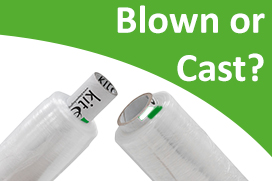
What is the Difference Between Blown and Cast Pallet Wrap?
Learn the differences between blown and cast pallet wrap, their manufacturing processes, properties, and ideal applications to make an informed choice.

Peak Packaging Monday
The biggest packaging buying day of the year falls on Monday 25th November

Frequently Asked Questions: Bubble Wrap Packaging Products
Everything you need to know about bubble wrap.
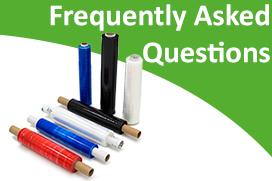
Frequently Asked Questions: Pallet Wrap
Find answers to the most frequently asked questions about pallet wrap.
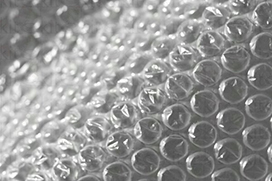
Eco-friendly Alternatives to Bubble Wrap for Your Business
From hivewrap and shredded papers, to packing peanuts that dissolve in water, we offer a wide range eco-friendly alternatives to bubble wrap for your business.

Kite Packaging Reaches 50,000 Customer Reviews on Trustpilot
We're celebrating a significant milestone this week.
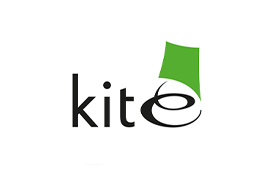
A statement following the attacks on the Kite Packaging site in Kent.
A statement following the attacks on the Kite Packaging site in Kent